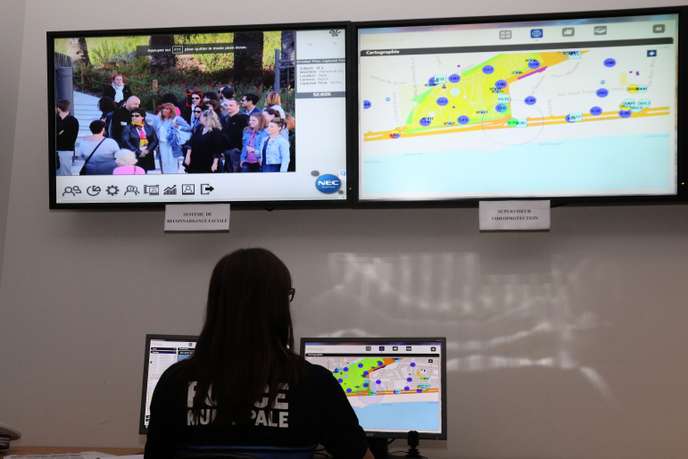“By default, Homebrew sends information to Google Analytics, you can disable that with the following command using the terminal (which you should have open after installing Homebrew): brew analytics off”
Source : webxray
“By default, Homebrew sends information to Google Analytics, you can disable that with the following command using the terminal (which you should have open after installing Homebrew): brew analytics off”
Source : webxray
“The data shared included:
- drug names entered into Drugs.com were sent to Google’s ad unit DoubleClick.
- symptoms inputted into WebMD’s symptom checker, and diagnoses received, including “drug overdose”, were shared with Facebook.
- menstrual and ovulation cycle information from BabyCentre ended up with Amazon Marketing, among others.
- keywords such as “heart disease” and “considering abortion” were shared from sites like the British Heart Foundation, Bupa and Healthline to companies including Scorecard Research and Blue Kai (owned by software giant Oracle).
In eight cases (with the exception of Healthline and Mind), a specific identifier linked to the web browser was also transmitted — potentially allowing the information to be tied to an individual — and tracker cookies were dropped before consent was given. Healthline confirmed that it also shared unique identifiers with third parties.
None of the websites tested asked for this type of explicit and detailed consent.”
Source : How top health websites are sharing sensitive data with advertisers | Financial Times

“le projet Kivaou, financé par l’Agence nationale de la recherche et piloté par Sagem (désormais Safran) et le ministère de l’intérieur, a été conçu pour mettre au point un « outil de surveillance embarqué permettant d’indexer au fil de l’eau tous les passants et d’enregistrer leur biométrie faciale ». Selon nos informations, des enquêteurs ont parfois profité de ces expérimentations pour faire progresser leurs investigations.[…]
« La plus-value policière de cette technologie [reconnaissance faciale] ne fait aucun doute », peut-on lire dans une récente note du Centre de recherche de l’école des officiers de la gendarmerie. Selon son auteur, elle pourrait même « mettre fin à des années de polémiques sur le contrôle au faciès, puisque le contrôle d’identité serait permanent et général ».”
Source : Sous la pression des industriels et des forces de l’ordre, la reconnaissance faciale progresse
“Les baby-boomers sont-ils plus sages que les millennials? Les millenials sont-ils tous des enfants gâtés? Ces étiquettes qui collent aux générations sont souvent fausses. Mais nous sommes toujours pris dans l’air du temps, comme le rappelle la définition sociologique du terme «génération»: groupe d’âge façonné par des événements et des influences historiques et sociaux communs.”
Source : Voici ce que vos goûts musicaux disent de vous | 24 heures
“Researchers measure emotion with facial recognition that captures feelings like joy and sadness. Pair that with eyeball trackers and you can tell exactly what test subjects like or dislike. Some researchers use heart-rate monitors, skin-sweat sensors and even brain-wave detectors to measure reactions. Airlines use biometric research to plan menus and pick cabin colors. Amtrak has been using it to design new railcars. Online travel agencies like Expedia test every aspect of desktop and phone screens, looking for pain points during shopping that may frustrate buyers, as well as for colors, layouts and elements like photos that lead to increased booking.”

“For new users who install and download Firefox for the first time, Enhanced Tracking Protection will automatically be set on by default as part of the ‘Standard’ setting in the browser and will block known “third-party tracking cookies” according to the Disconnect list. We talk more about tracking cookies here. ”

“Netflix would’ve avoided this controversy if it had plainly told subscribers what it was doing somewhere in the app or with a notification. Instead, people discovered that Netflix was utilizing Android’s physical activity permission, which is strange behavior from a video streaming app. In some instances, it was doing this without asking users to approve the move first, as was the case for The Next Web’s Ivan Mehta. You’ve got to be transparent if you want to monitor anyone’s movements.”
Source : Netflix explains why it snuck a physical activity tracker onto some phones – The Verge

“A new device, developed for the Pentagon after US Special Forces requested it, can identify people without seeing their face: instead it detects their unique cardiac signature with an infrared laser. While it works at 200 meters (219 yards), longer distances could be possible with a better laser. “I don’t want to say you could do it from space,” says Steward Remaly, of the Pentagon’s Combatting Terrorism Technical Support Office, “but longer ranges should be possible.””

“Using a Shazam-like technology, the app would record audio to identify soccer games, and use the geolocation of the phone to locate which bars were streaming without licenses. El Diario reports that fans have downloaded that app more than 10 million times, essentially turning them into undercover narcs.”
Source : LaLiga’s app listened in on fans to catch bars illegally streaming soccer – The Verge
“ The UpGuard Cyber Risk team can now report that two more third-party developed Facebook app datasets have been found exposed to the public internet. One, originating from the Mexico-based media company Cultura Colectiva, weighs in at 146 gigabytes and contains over 540 million records detailing comments, likes, reactions, account names, FB IDs and more. This same type of collection, in similarly concentrated form, has been cause for concern in the recent past, given the potential uses of such data.”
Source : Losing Face: Two More Cases of Third-Party Facebook App Data Exposure
© 2026 no-Flux
Theme by Anders Noren — Up ↑